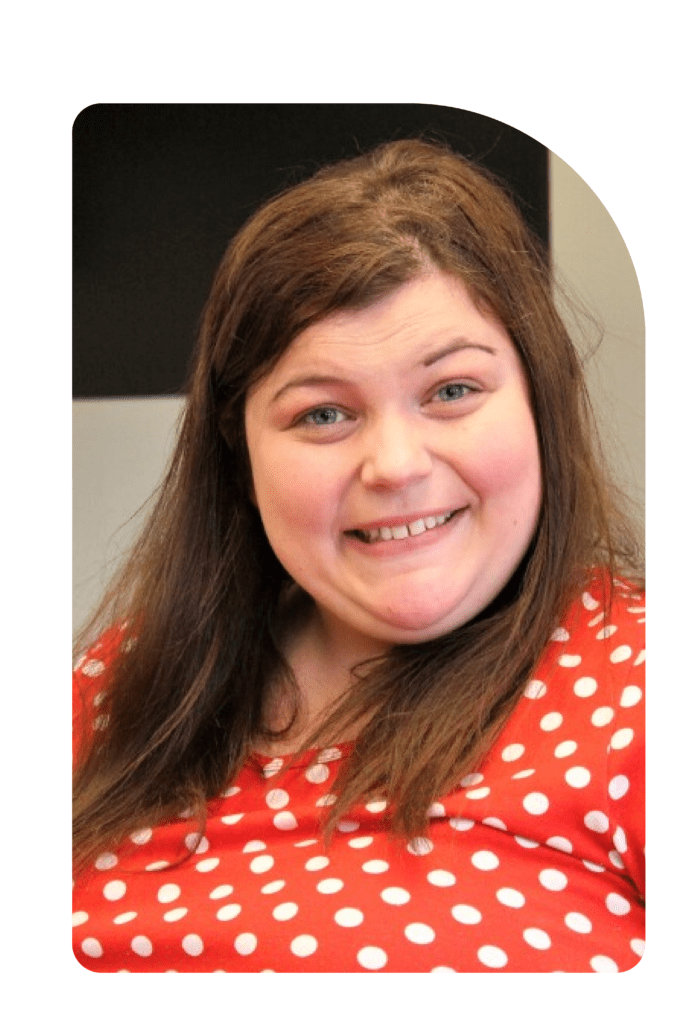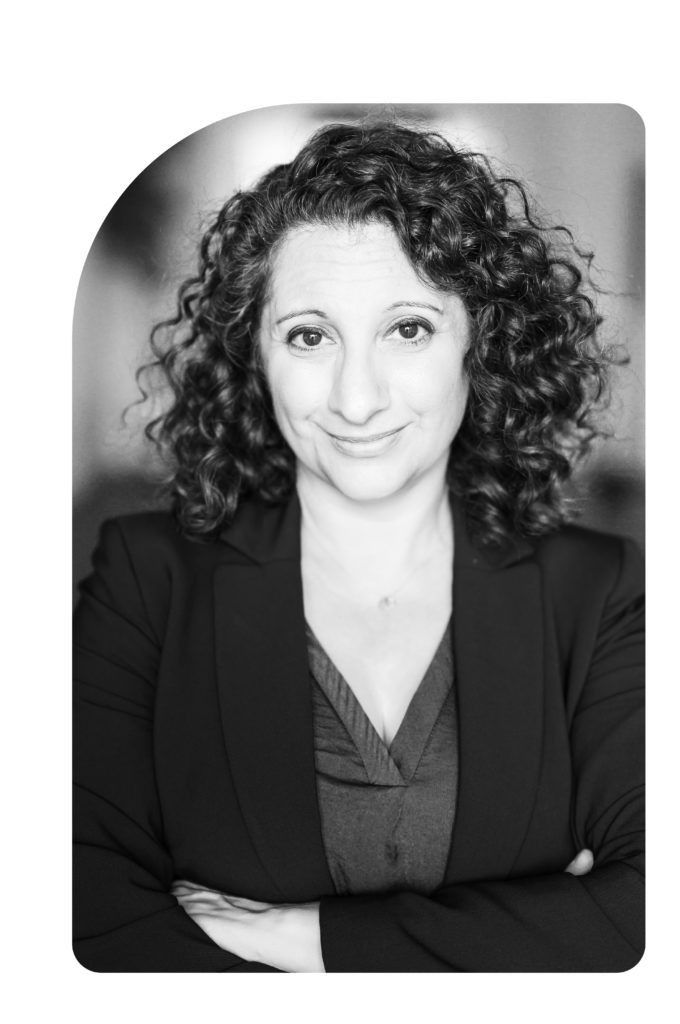August 30, 2022
Listen Now or on Your Favorite Podcast Platform
The Problem
When a person turns eighteen, the government sees them as an adult. They are expected to make decisions for themselves. But people with disabilities may need a little extra support in adulthood. Many families enter guardianship arrangements because they don’t know of other options. Guardianship can be unnecessarily restrictive. It can also be difficult, expensive, and time-consuming to reverse.
There are alternatives to guardianship that are less restrictive. One alternative is supported decision-making. This arrangement allows the person with disabilities to consult with people they trust to help make decisions. They have the freedom to make mistakes, learn, and grow. All while being supported by their loved ones.
Join Michael and Holly as they hear from Ashley Mathy, a self-advocate from Wisconsin. Ashley gives her account of her experience being under guardianship. They then talk with Dr. Allison Hall, Senior Research Associate/Project Manager at the Institute for Community Inclusion at the University of Massachusetts, Boston. Allison provides insight into why families should consider supported decision-making.
What We Can Do About It
It’s easy to get paralyzed by the feeling that we can’t make a difference. But helping out can be a lot simpler than we think.
Step 1: Learn About Alternatives to Guardianship in Your State
Look into guardianship laws in your state and see what alternatives there are. And then work with your family members to determine what may be best for you and your life.
Step 2: Contact Massachusetts Senators and Representatives about Supported Decision-Making
Massachusetts bills S.2848 (Senate) and H.4725 (House) have not been passed yet. These bills would allow people with disabilities and elders to enter into Supported Decision-Making (SDM) agreements with the people they trust. The bills also contain safeguards against abuse. If passed, these bills would require that courts consider SDM before establishing guardianship. Finally, they would ensure all youth turning 18 who are at risk of being placed under guardianship are made aware of the SDM option at IEP meetings.
Step 3: Support Self Advocates Becoming Empowered
Self-Advocates Becoming Empowered (SABE) is working to ensure that people with disabilities are treated as equals. They believe that all people should be given the same decisions, choices, rights, responsibilities, and chances.
Boom. You’ve made a difference.

Ashley’s Story
Ashley Mathy is an advocate from Wisconsin. She was diagnosed at an early age with PDD-NOS, which is on the autism spectrum. After graduating high school in 2015, doctors told her that college was not a likely option. They also said employment would be volunteer work only. She set out to prove them wrong.
Ashley attended college at Nicolet College. She has served as President of PeopleFirst Rhinelander Chapter. Ashley is also a board member of the Wisconsin Board for People with Developmental Disabilities.
Allison’s Story
Dr. Allison Hall works at the Institute for Community Inclusion at the University of Massachusetts, Boston. She is the Director of the Center on Youth Voice, Youth Choice, which is a national resource center on alternatives to guardianship. The Center is guided by a Youth Advisory Committee that also supports a Youth Ambassador Program led by Self Advocates Becoming Empowered. This program provides support, mentorship, and leadership development for up to 50 youth with disabilities. These youth serve as conveners and resources in their states.
Through this work, Dr. Hall maintains close ties with the self-advocacy community. She is able to support individuals with disabilities to participate in research and advocacy.

Get More Information on Alternatives to Guardianship
Current Advocacy and Studies
- Center for Supported Decision-Making – A list of guardianship and supported decision-making laws by state.
- American Association on Intellectual and Developmental Disabilities – From 1987 to 2011, the number of adults under guardianship tripled.
- Macquarie Law Journal – This Australian article investigated the prevalence of elder abuse amongst guardianship clients.
- Human Rights Brief – “Many older Americans and people with disabilities are placed in overbroad and unwarranted guardianships.”
- Academia – This article discusses the trend of full guardianship being discussed more often than less restrictive arrangements.
- Psychiatry, Psychology and Law – “Supported decision making has the potential to address persistent issues in the field of mental health law […] by offering an alternative route to providing substantive rights.”
- Penn State Dickinson Law – This 2012 research article proposes questions to help inform policy choices surrounding supported decision-making.
Facts and Resources About Supported Decision-Making
- Center on Youth Voice, Youth Choice – Read personal stories from people who have chosen supported decision-making for their lives.
- Administration for Community Living – Protection and Advocacy agencies can help with the legal aspects of supported decision-making.
- Self Advocacy Resource and Technical Assistance Center – Want to be a better self-advocate? SARTAC has articles and resources around supported decision-making and other topics.
